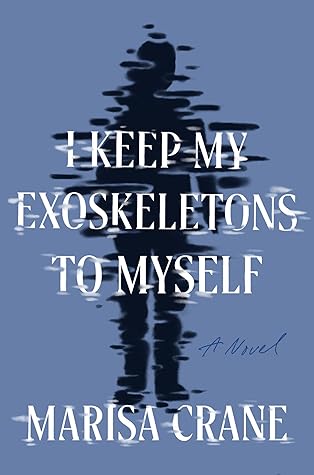More on this book
Community
Kindle Notes & Highlights
This remembering. It’s like sneaking up to a million different houses and knocking, then running away before anyone can answer.
That is how the news anchor words it—brutally. As if there were any other way to rape and murder someone.
Everyday decisions immobilize me—what to eat for dinner, which order to run the errands in, what to watch on TV. How could anyone expect me to make the big ones, the life-altering ones?
In this world, you learn to hold the good days and bad days together in your lungs, and you don’t dare breathe out, for fear that in releasing the bad days, you’ll also lose the good ones. On the walk home, I think, this has been a good day.
Jackson has never lost himself. Jackson believes that you can self-talk yourself back to life.
I am reminded of what Siegfried once said: Blood isn’t what bonds people, it’s what traps them. Siegfried, my complicated moral compass.
If you researched the pathway to change, you’d notice the graph looks eerily similar to the pathway of grief. Both more or less begin with denial and end with acceptance. According to whom? I want to ask.
When the white people talk, it sounds like the oppression Olympics. Gold medal goes to the guy named Dave or Doug or Donald, who can no longer afford his vacation home.
Of course, all this goodness makes me suspicious.
When I look at your ashes in that baggy, I feel an everlasting appreciation for having had the privilege of loving you and being loved by you. But I feel no grief—my grief is gone; it’s a horrible, beautiful realization. I’m now grieving the loss of my grief.


